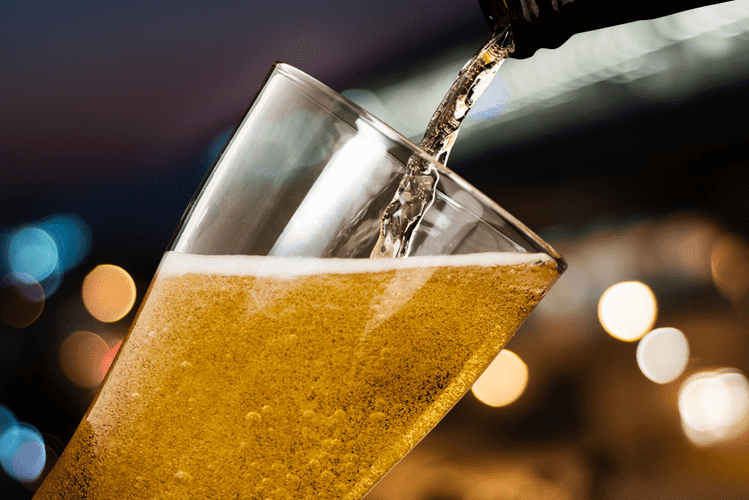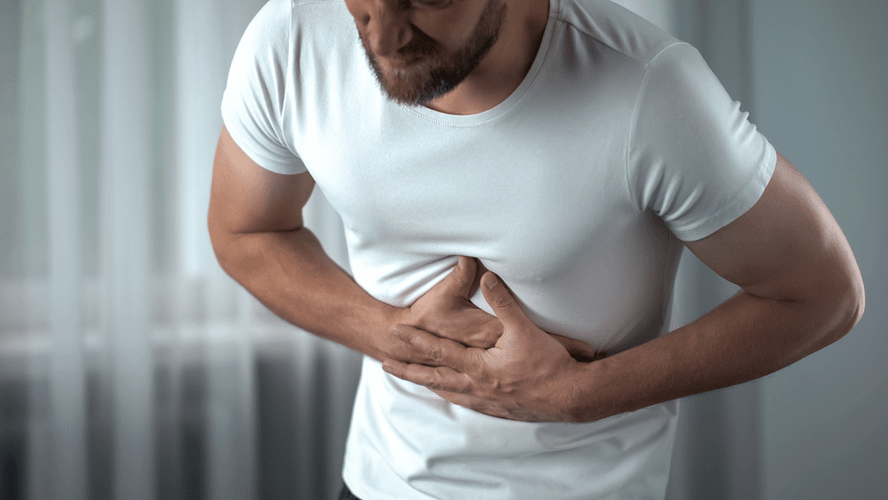Does Alcohol Dehydrate You? Symptoms and Prevention Tips
If we’re experiencing any of these after excessive alcohol consumption, we could have alcohol dehydration, which can result in serious health consequences. All types of alcoholic drinks cause dehydration to an extent. However, alcohol’s dehydrating effects will be somewhat reduced in some of the “lighter” alcoholic drinks. “The higher the alcohol content a drink has (or is absorbed in your body), the greater the diuretic and dehydration effect.” Research from 2017 indicates that low levels of caffeine ingestion do not cause dehydration. Participants who consumed over 500 milligrams (mg) of caffeine daily showed disruptions in fluid balance from the diuretic effects of coffee.
Does drinking water between alcoholic beverages help with hydration?
When the body is dehydrated, it loses electrolytes, which are important for maintaining healthy bodily functions. When these electrolytes are depleted, the body can experience fatigue, nausea, dizziness, and other unpleasant effects. Without sufficient vasopressin, the Drug rehabilitation kidneys allow more water to be excreted through urine, resulting in increased fluid loss. This can lead to dehydration, especially if adequate water intake is not maintained while consuming alcohol.
Recipes for Mediterranean Dishes and Beer Cocktails: Pairing Guide and Flavor Profiles

Apps like Reframe provide tools for daily tracking and personalized plans to help manage alcohol consumption. Studies show that individuals who track their drinking habits are more likely to reduce their alcohol consumption and improve their hydration. Tracking also allows you to see the financial impact of your drinking. Reframe’s cost savings calculator shows how much you could save. This added accountability can be a powerful motivator for positive change. However, alcohol can amplify this process, resulting in a noticeable increase in water vapor expelled with every breath.
3. Study Design
While the redness is typically temporary, it’s a sign that your body is responding to the alcohol and its byproducts. In people with a genetic predisposition, typically East Asians with the “Asian flush” gene, the body may struggle to break down acetaldehyde, a toxic byproduct of alcohol. As acetaldehyde accumulates, it triggers skin redness why does alcohol dehydrate you and other symptoms. Overcoming an alcohol addiction is extremely challenging, but with the right help and support, recovery is possible.
It helps to counteract the diuretic effect of alcohol, keeping you more hydrated and potentially reducing the severity of a hangover. It also helps your body process the alcohol more efficiently. Make sure you’re drinking plenty of water before, during, and after drinking alcohol. Keep a water bottle handy and sip on it throughout the night. Water, sports drinks with electrolytes, or even just some juice can help you bounce back.
- The more alcohol you consume, the more pronounced this effect becomes.
- Milk is also a good choice to help you rehydrate, assuming your hangover hasn’t put you off dairy.
- Beyond the discomfort of dry skin and headaches, you risk more severe issues like vitamin deficiencies, which can further compromise your body’s ability to function properly.
- The US Institute of Medicine concluded in 2005 13 that the effect of alcohol consumption on increasing urine secretion is transient, and would not result in appreciable fluid losses.
- Keeping your beer consumption to a moderate level can offer a balance between enjoyment and hydration.
What Are the Ways to Rehydrate the Body After Drinking?
One of the most common factors is drinking alcohol on an empty stomach. Alcohol enters the bloodstream through the blood vessels present in the cellular lining of the small intestine and stomach. If the stomach is empty, alcohol goes directly into the blood instead of being absorbed through the small intestine and stomach.
Drink too many beers too quickly, and you’ll end up as dehydrated as you would taking a shot at the bar. “Drinking one beer over the course of a dinner will not increase your blood alcohol levels as much as if you drank four beers in the same time frame,” says Rumsey. “Alcohol itself is a diuretic, meaning that it causes you to urinate more,” says Shilpi Agarwal, MD, a family medicine physician in Washington, DC. Interestingly, they found that urine output after drinking a typical beer was no different than after a non-alcoholic beer or water.
- The hydration and dehydration level depends on the ABV of the beer.
- Although we can’t fully prevent dehydration that accompanies drinking alcohol, we can take steps to help our body process the alcohol and lessen the effects of dehydration.
- By being aware of the potential dehydrating effects, individuals can take proactive steps to mitigate dehydration and ensure their overall well-being.
- The pituitary gland is responsible for regulating our growth, metabolism, and reproduction by creating and regulating hormones.
- So next time you’re contemplating that extra cocktail, just remember—your skin might prefer a different kind of “dry” humor.

While severe dehydration is a concern with excessive alcohol intake, moderate drinking may not always lead to significant fluid loss. The negative effects often attributed to dehydration, such as headaches and nausea, might be more directly related to the alcohol itself and its byproducts, rather than simply a lack of water. Reframe’s drink tracker can help you understand your drinking patterns and their potential impact on your hydration. Alcohol consumption causes dehydration by increasing the production of urine and decreasing the body’s ability to conserve water. When you drink alcohol, it is absorbed into your https://sunnyadi.com/2024/04/19/how-to-find-purpose-and-passion-after-addiction/ bloodstream and acts as a diuretic, causing you to urinate more frequently. This increased urine production can lead to a loss of fluids, electrolytes, and minerals.
One simple yet effective strategy to combat this is to drink plenty of water or other hydrating beverages alongside alcoholic drinks. Consider alternating alcoholic beverages with water, herbal tea, or electrolyte drinks to stay hydrated throughout the night. For more information on how alcohol affects hydration, check out this helpful article on alcohol dehydration. It’s common knowledge that alcohol can dehydrate you, but just how dehydrating is it?

What are the Dangers of Chronic Dehydration from Alcohol?
Stick to beer and wine to mitigate any dehydration you may experience. Sugary drinks don’t have the same problems, unless you have difficulty regulating your blood sugar. “For some folks with medical conditions such as diabetes, they urinate a lot already based on blood sugar level,” Mieses Malchuk says.






